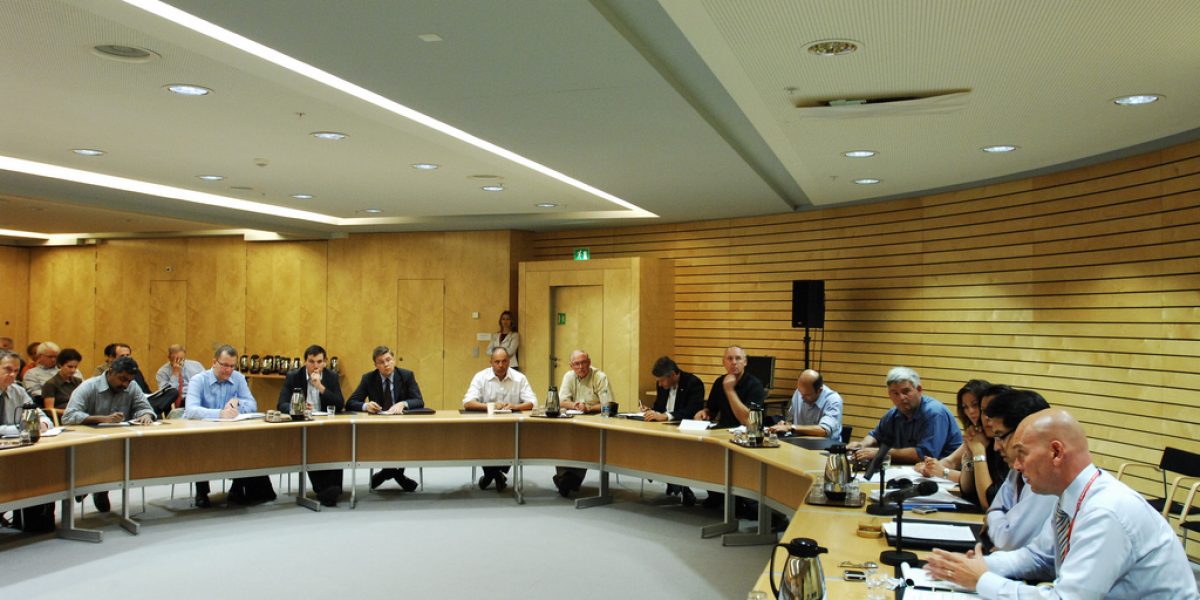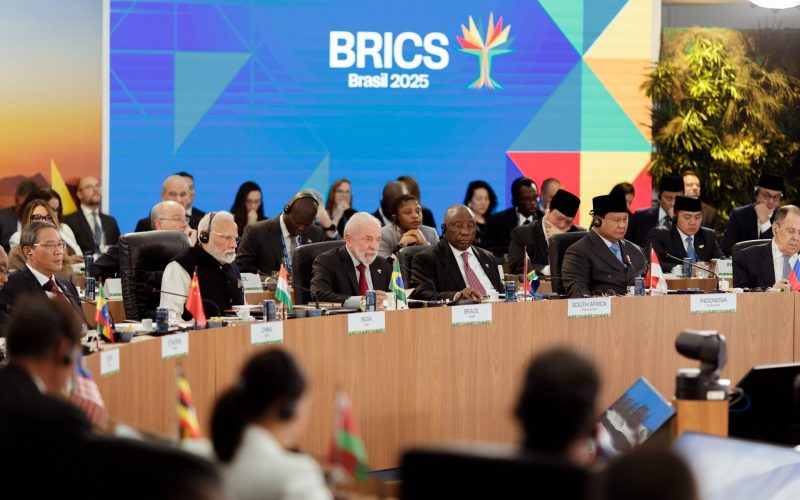But what are the prospects for a Hong Kong success, and more importantly what tangible benefits can African countries expect?
Four major issues must be satisfactorily dealt with for Hong Kong to register at least a moderate success, namely agriculture; non-agricultural market access (NAMA); services; and development issues.
Agriculture
The most contentious issue in global trade is the subsidies and supports for agricultural products used by developed countries, which pay their farmers more than $300 billion a year in addition to levying high tariff duties on agricultural imports and subsidising export dumping onto world markets. Substantial liberalisation in this sector is necessary to enable competitive exporters from the developing world to realise gains that could fuel economic growth and poverty reduction.
Although there are promising signs on the horizon, the waters are still murky. Recently the US offered to cut farm subsidies by 60% and import tariffs by up to 90%, but only if the European Union and Japan followed suit with subsidy cuts of 80%. The US argues that the EU farm subsidies are three times the size of US supports. The EU countered with an offer to cut in half its highest import tariffs – which stand at 90%. However, France quickly complained that the EU was not authorised to make such offers, and Japan’s trade minister said the US offer was unacceptable as a basis for negotiations.
Helping developing states is the purpose behind proposed farm cuts, but African voices have been marginalised as the big industrial countries argue. Brazil is a big threat as it has huge surplus capacity and is arguably the world’s most competitive farming country. But the developed countries also fear each other.
While cutting trade distorting farm subsidies would be good for the global economy and particularly food producing developing nations, developed countries are also arguing that the developing world must make concessions on NAMA issues and services. African diplomats particularly argue that such a bargain is grossly unfair, but it remains a hard reality that a deeply mercantilist spirit is driving negotiating positions among developed countries, which have huge interests in winning non-agricultural concessions in exchange for anything they surrender in agriculture.
Further, it is important to note that in most African countries, agricultural trade liberalisation per se will not immediately result in windfall gains because most of Africa does not have sufficient capacity, marketing support or the infrastructure needed to quickly exploit new market openings. Yet a favourable outcome in December would create positive international incentives for increased domestic production and is definitely in their long-term interests. It is therefore important for rich countries (especially the US) to agree to immediately eliminate trade distorting support to cotton to enable competitive West African producers to realise market gains that fairer competition would permit.
Moreover, agricultural liberalisation in Hong Kong should be effective enough to take into account the legitimate interests of relatively competitive commercial farming countries like South Africa that have sufficient supply capacity to utilise improved market access. Together with fellow emerging economies in the G20 coalition (which includes Brazil, India, China, among others), South Africa seeks the elimination of export subsidies, tighter disciplines on food aid dumping, greatly reduced domestic support payments, and reductions of import duties.
Non-agricultural access
NAMA is an area where developed countries have major offensive interests. Since tariffs on manufacturing goods are already very low in these countries, their aim is to create more market access for their companies in developing countries, especially in lucrative markets like Brazil. However, substantial liberalisation is unlikely to take place in this sector in Hong Kong as developing countries are wary of potential economic disruptions should they radically cut their tariffs.
When it comes to manufactured goods, sub-Saharan African countries mainly have defensive interests. They hope to protect their domestic industries from foreign competition but also end what is known as tariff escalation in developed countries. Under an escalating tariff regime, raw material imports face very low tariffs but the more sophisticated the product or the more manufacturing involved, the higher the import duties. Tariff escalation frustrates Africa’s efforts to export high value goods and should be tackled in Hong Kong in order to facilitate the export diversification sorely needed on this continent.
South Africa’s position is a bit different. It wants to defend its light manufacturing industries by keeping its tariffs in areas such as clothing, textiles and cars. But it also has strong offensive interests because it believes it could export much more if impediments to trade were removed in heavy chemicals, basic iron and steel, and other resource-intensive manufactures. Most of its manufacturing export markets are in the developing countries, especially within Africa. It would therefore like to see other developing countries liberalising their industrial sectors.
Services
Most developed countries want to open up trade in services where they feel they are competitive, such as telecommunications, financial services, transport and energy. With a few exceptions most developing countries do not have the capacity to export high technology services but would like to negotiate more open trade and movement of semi-skilled and unskilled labour to rich countries. Not much progress can be expected in services negotiations in Hong Kong. There is potential to negotiate a deal but free trade in labour is as controversial in developed countries as trade in services
African countries would do well to unilaterally liberalise their core infrastructure like transport and communications in order to create production efficiency and trade competitiveness. Like other African countries, South Africa is very defensive on services trade. Yet its economy could benefit from increased foreign competition in telecommunications, transport and other key services sectors. Although South Africa fears exposing its domestic champions to foreign competition, it stands to benefit significantly in Africa if South African companies were more free to compete in Africa in banking, telecommunications, transport and construction.
Development issues
This round of negotiations is dubbed the Doha Development Round because all parties acknowledge that poorer countries’ interests were largely ignored in past negotiations and past promises to assist poorer countries have mostly gone unfulfilled. Thus developmental measures feature in all parts of the negotiations.
Indeed, it is an open secret that Africa’s export capacity is constrained more by ‘supply side’ difficulties than by tariff barriers and subsidies in rich country markets. Even if rich nations dropped trade barriers, Africa would likely reap little benefit. In agriculture, Brazil, Argentina and Australia could all quickly boost output. And in manufactured goods, China, India, Vietnam and Brazil will all likely be able to capitalise on free trade far faster than Africa’s less efficient, capital-starved firms.
Africa needs to increase both the quantity and quality of its output to take advantage of trade openings. This means more investment on the factory floor but also measures to increase Africa’s capacity to trade are crucial, including efforts to improve transport infrastructure, assistance with marketing and meeting sanitary, labelling and packaging standards for agricultural products.
The provision of adjustment or provisional support to Africa to cushion against the adverse effects of reform is critical. As the world gradually eliminates trade barriers, Africa will suffer from what is known as preference erosion: Since the colonial period ended, the continent has enjoyed reduced or duty free access in Europe for limited quantities of its products, including beef, sugar, some fruit and vegetables. But as Europe reduces the tariffs it charges non-African producers, Africa’s advantage declines. African countries that are net food importers also stand to lose if subsidies are cut to agriculture in the North because that will translate into higher prices for food imports.
In short, rich countries should, within or outside the WTO framework, be prepared to fund ‘aid for trade’ to enable poor African countries to meet economic and social costs of adjusting to a new and more competitive international trading climate.
In addition, poor African countries need assistance to meet excessively stringent human and animal health standards, and rules of origin that often operate as market access barriers even where preferential tariffs are offered. Profits from improved preferences through less onerous rules of origin, for example, could help African traders to afford the expensive restructuring processes needed to participate in a more competitive global system.
SA does not need aid for trade but could play an important role by supporting the Africa Group’s cause and more importantly agreeing to offer weaker African countries – particularly its Southern African neighbours – improved access to its market.
To the extent that development issues are not dealt with to the satisfaction of poor African countries, Hong Kong could easily be a repeat of the failed Cancun negotiations. This is because, though African countries do not have sufficient economic weight, their political clout is massive, and they together with their fellow G90 group of poor countries, could use their voting power to block any agreement in the negotiations.
Failure in Hong Kong is not an option. Therefore progress on the key negotiations issues identified above must be made before the actual meeting in Hong Kong. This is possible and, certainly, cautious optimism is advised.








